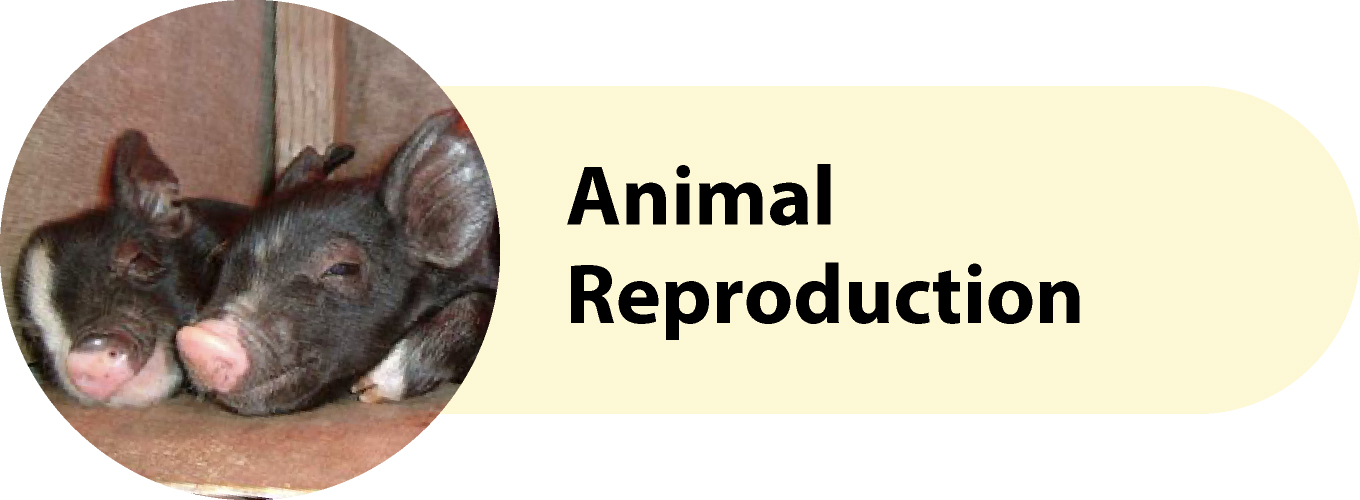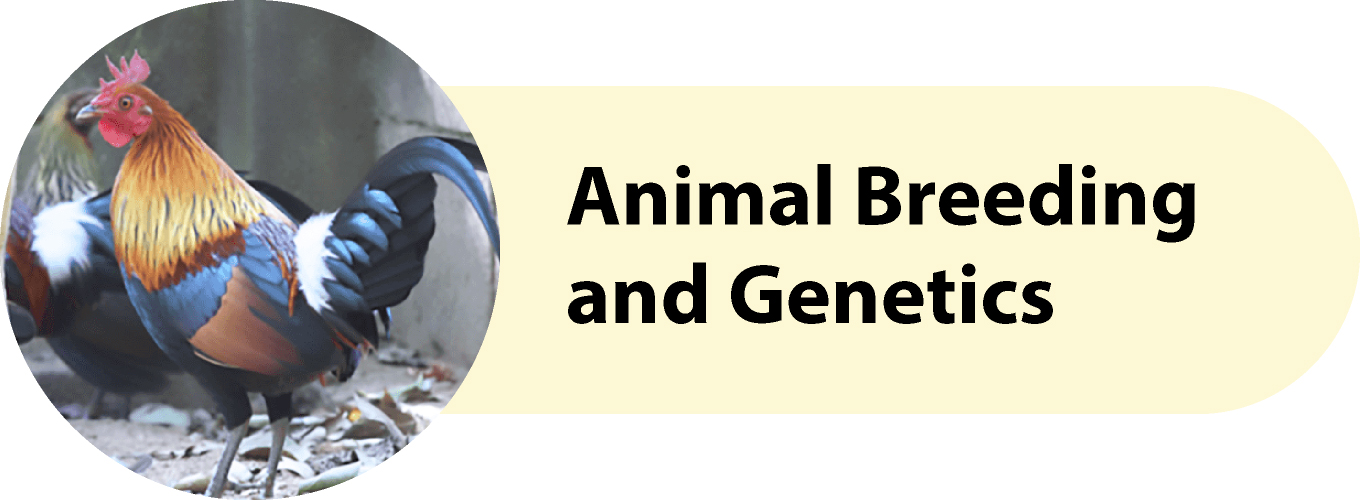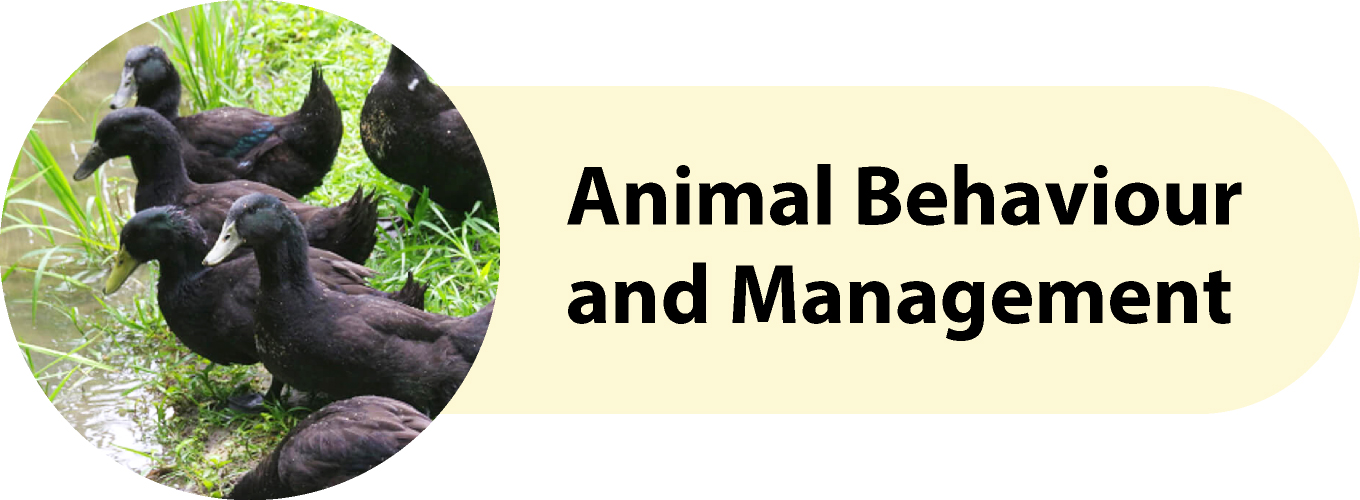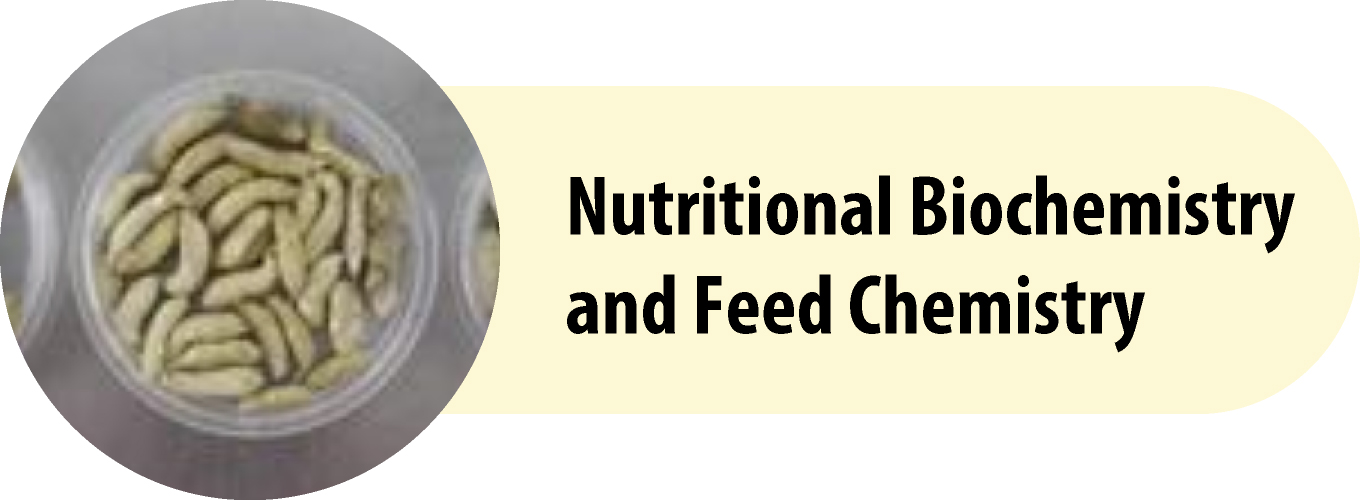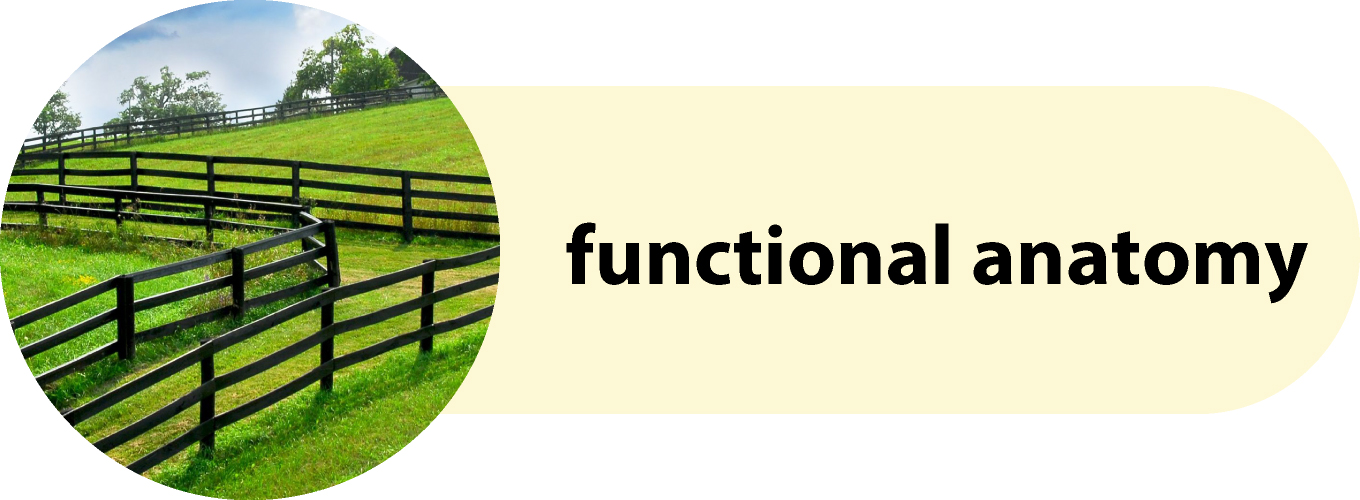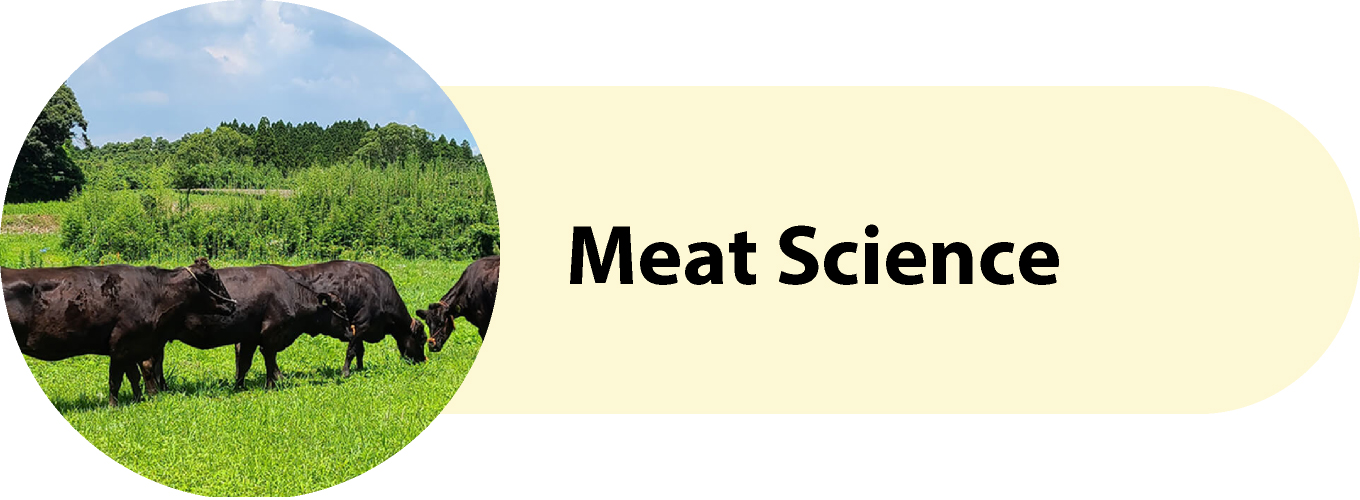Animal Science
Course Introduction
Our course provide education based on animal reproduction, animal breeding and genetics, livestock feeding management, nutrition and functional anatomy, and we conduct research focused on development of animal reproductive biotechnology, developmental biotechnology, production of genetically modified livestock, evaluation of animal genetic resources, relationship between economic traits and genetic polymorphism, active use of reginal unused resources on the livestock industry, livestock grazing, aigamo duck farming, wild animals damage preventation and protection, development of new livestock feed resources, elucidation of nutritional metabolism mechanisms, meat production physiology and histological characteristics of skeletal muscle, with the aim of building a new animal science. By educating through these researches, we aim to cultivate human resources with a broad perspective and international outlook who can play a leading role.
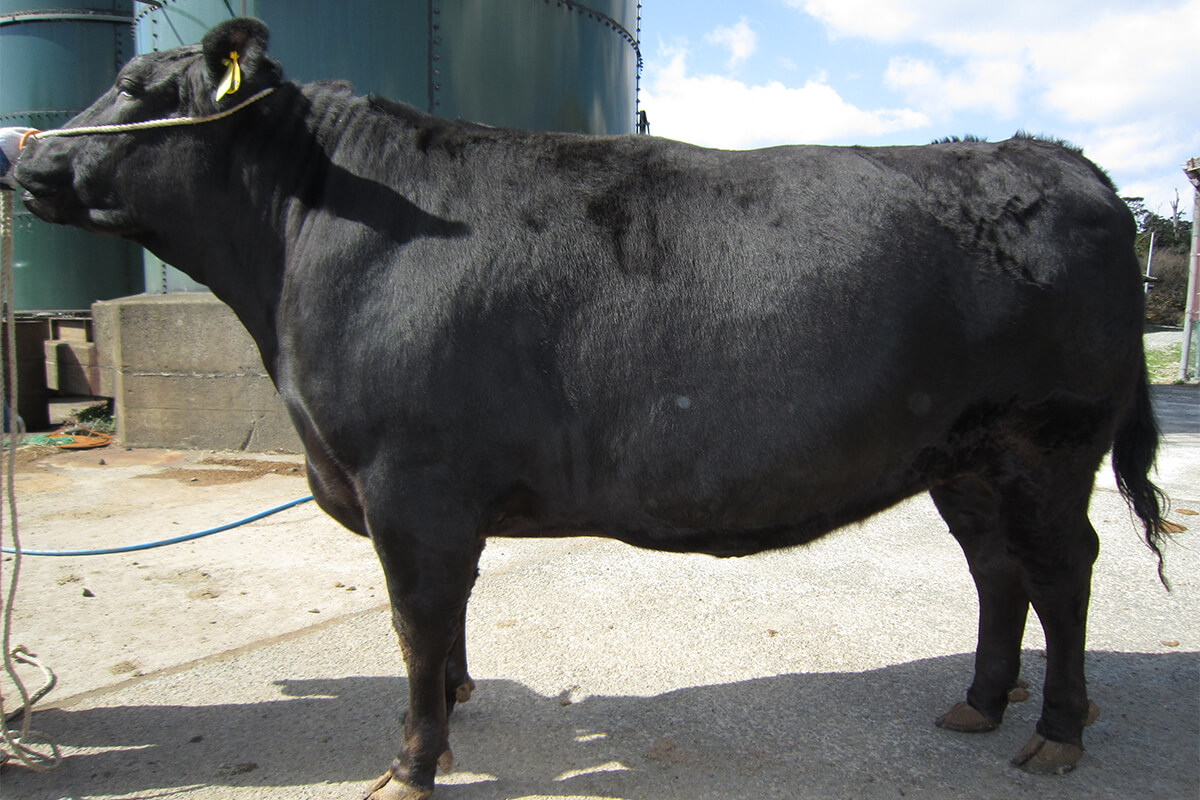
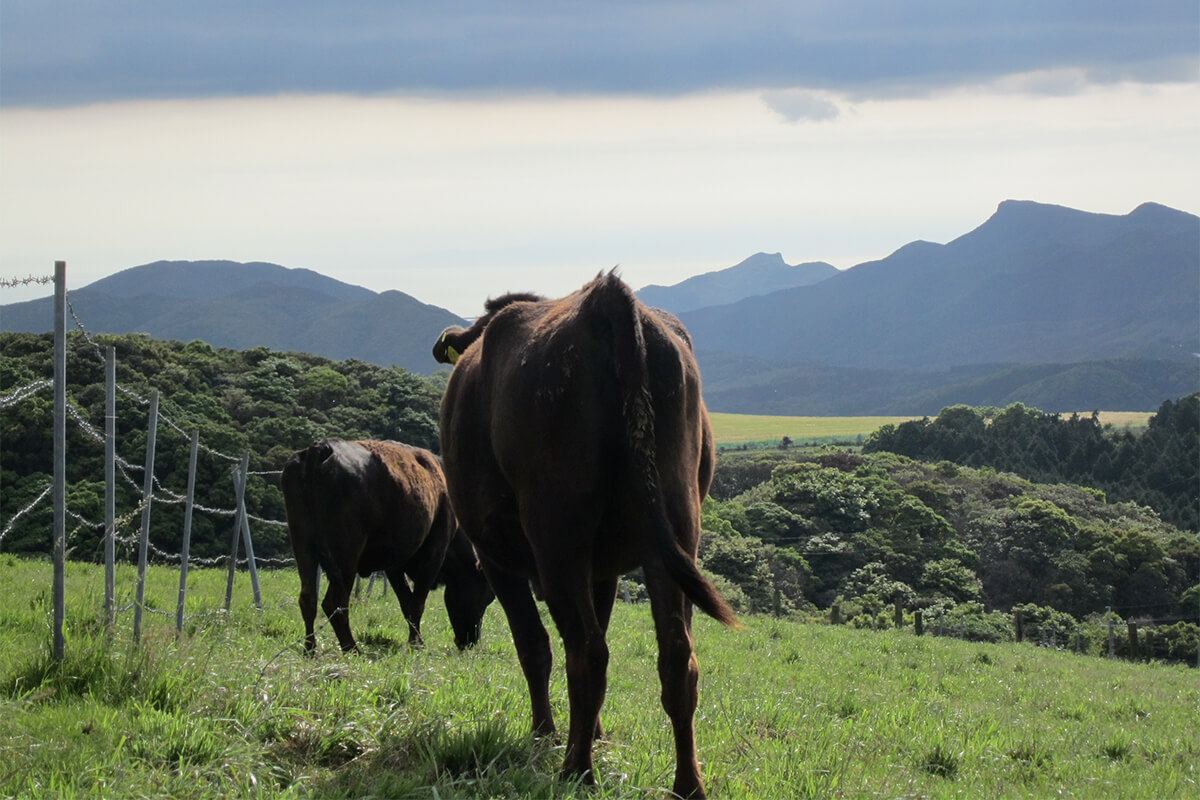
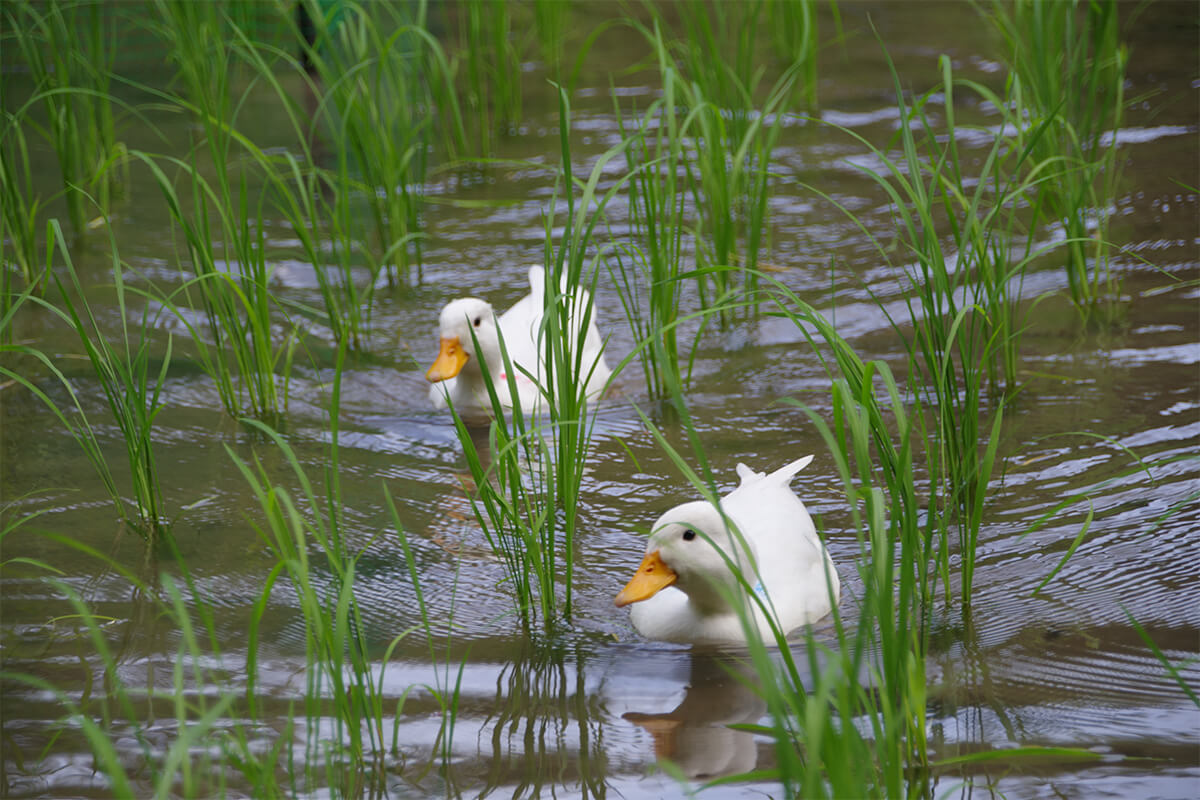
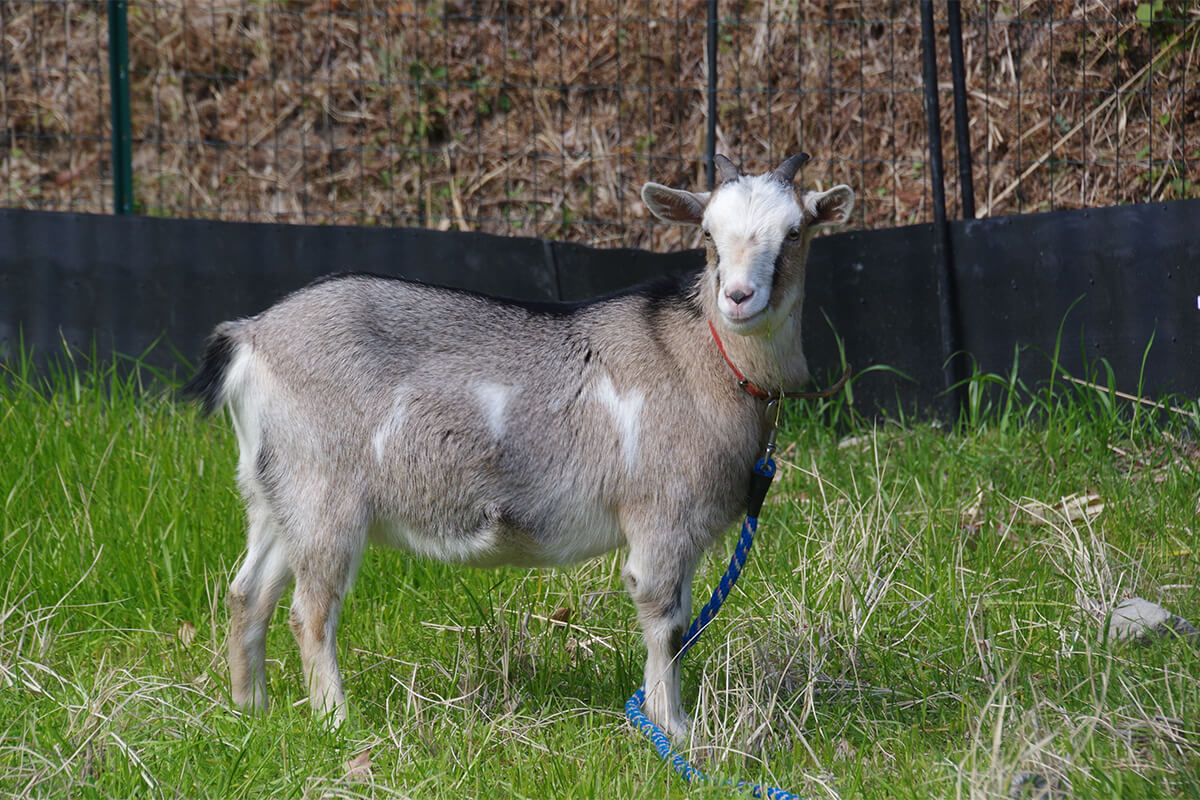
laboratory
Educational Goals
In Southern Kyushu, one of Japan’s leading livestock production areas, we provide education on animal reproduction and breeding, behavior/feeding management, biomechanics, nutritional physiology, use of livestock products, etc., and ensure safety and security from efficient and sustainable production of livestock. We aim to develop human resources who can contribute to the advancement of animal science, the promotion of regional agriculture, and the strengthening of the competitiveness of domestic livestock products, while equipping them with knowledge and skills related to the development of livestock products with high added value.
Policies
Diploma Policies
A student will have met the requirements of the course for graduation if they:
- have acquired a wide range of education and correct ethics, and act independently or emphatically.
- have mastered the basic skills necessary to understand English related to animal science.
- have mastered specialized knowledge and skills related to animal science.
- have acquired the logical thinking and judgments based on specialized knowledge and skills for issues related to livestock.
- have acquired the ability necessary to summarize and explain the processes and results of thinking and judgment.
Curriculum Policies
- In addition to cultivating independence and cooperativeness through practical training, we provide subjects for students that aim to improve practical skills in the livestock field.
- We provide specialized subjects for students that allow them to acquire basic knowledge and skills related to animal science.
- We provide specialized subjects for students that allow them to acquire applied knowledge and skills related to animal science.
- We provide specialized subjects for students that allow them to acquire agricultural knowledge and skills that contribute to the development of the livestock industry.
- We provide specialized subjects for students that allow them to develop the independence and problem-solving skills necessary to write theses and reports on various issues.

